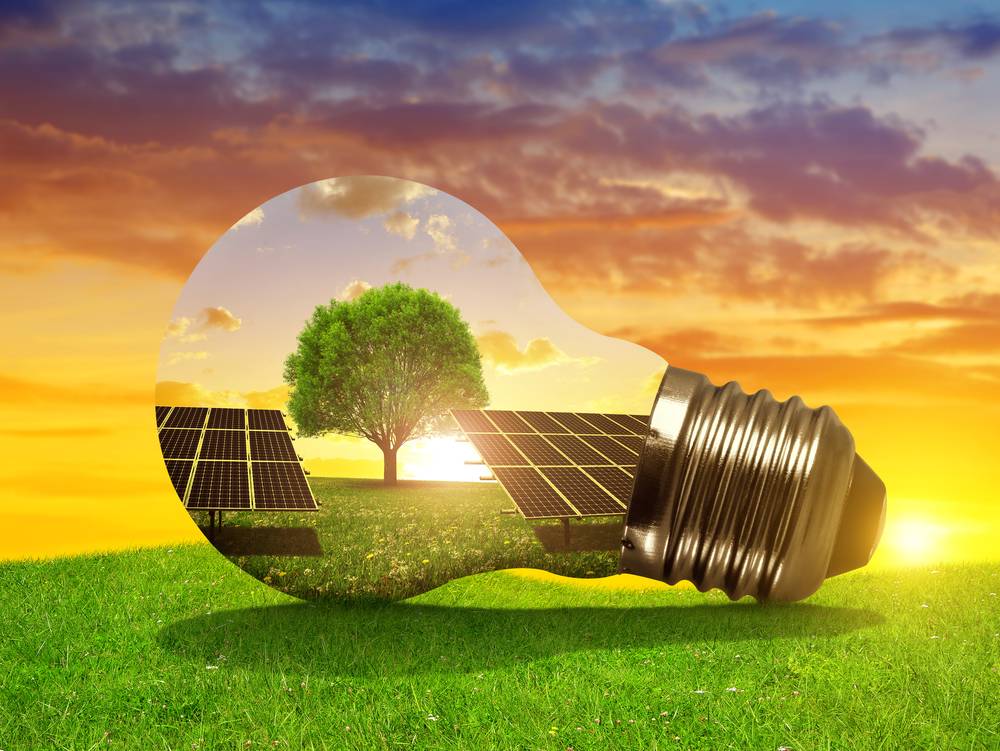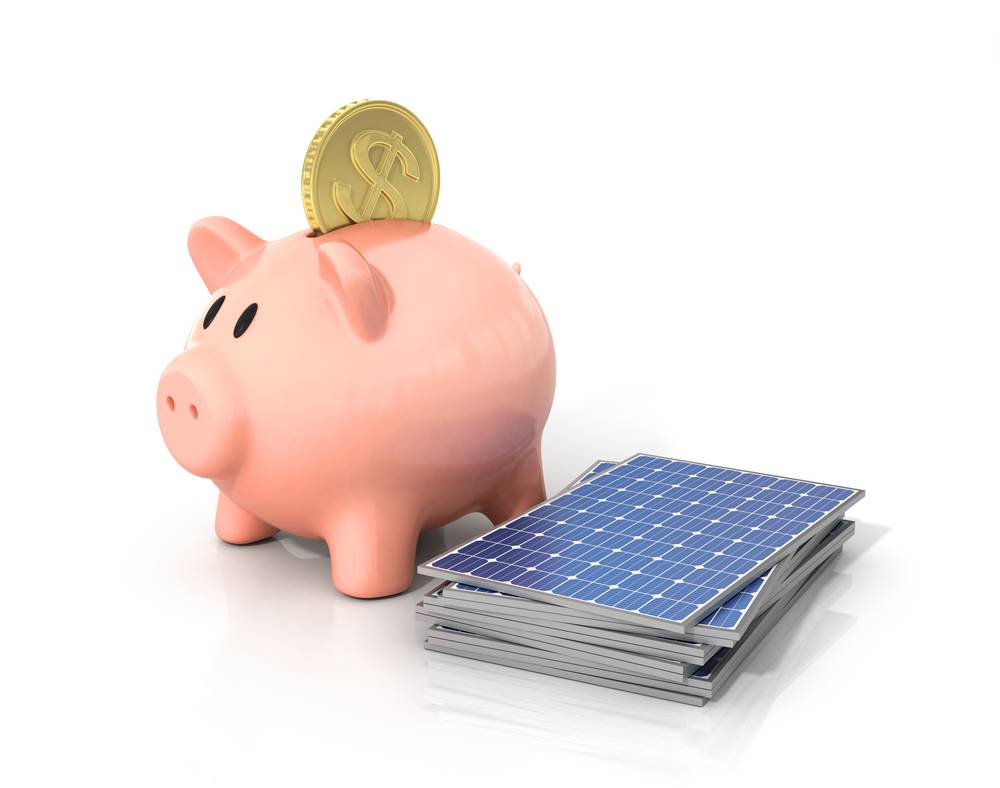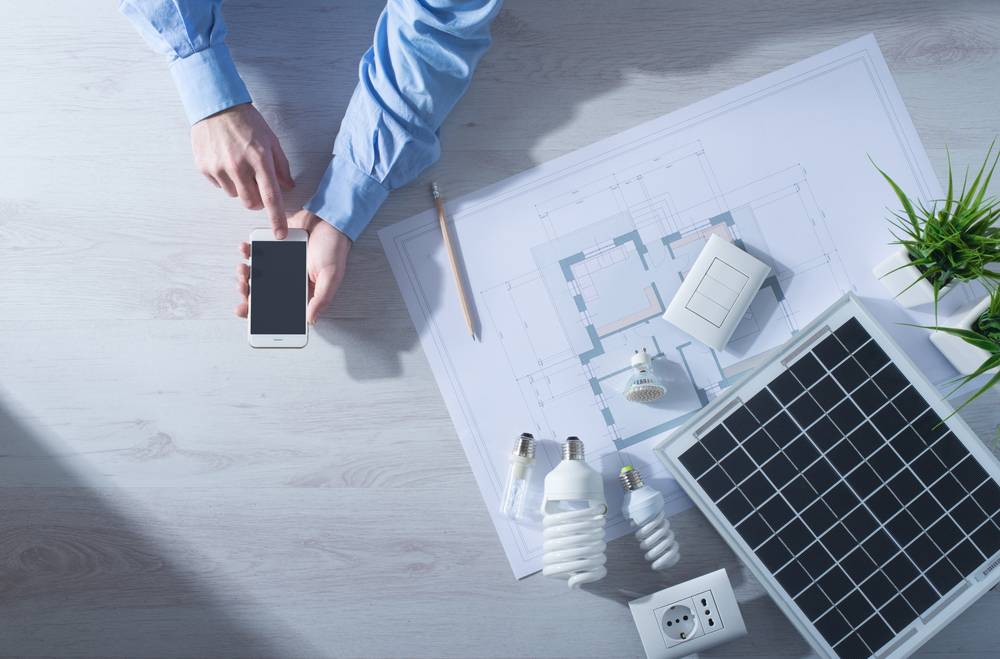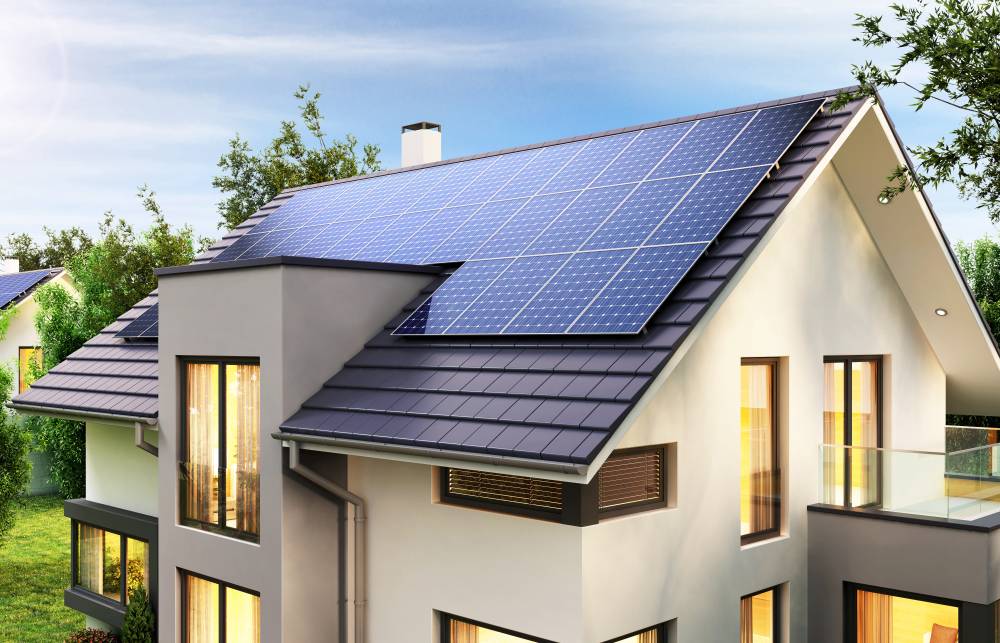Solar Energy and Your Home: Pros and Cons

Solar technology has become increasingly prevalent nearly everywhere—in both large commercial spaces and individual homes. It’s a renewable, eco-friendly supply of energy. Perhaps you’re considering adding solar power to your home to offset both your environmental impact and power bill? As with most big decisions, there are advantages and disadvantages. While the best solar companies simplify the solar panel installation process, it is still a lengthy, complex process with many factors and variables to consider. Read on to decide if it will be a sustainable option for you.
Advantages
• Reduced Electricity Bills
Over a 20-year period, you can save anywhere from $10,000 to $30,000, depending on your state, home size, and electricity usage. Unlike utility bills, paying for a solar panel system provides a return on your investment. Solar energy can also be sold back to the grid, so you have the potential to earn while you save!
• Financial Support From the Government
Federal and state tax benefits are available when you install solar panels. Taxpayers can claim potentially 30% of installation costs, with benefits that vary by state. In some instances, it may be possible to install a solar home with no out-of-pocket costs (this may take some time to research, but it is possible).
• Energy Independence
Because the sun is an infinite source of energy, unlike coal and natural gas, solar panels can be installed practically anywhere. The energy output of the panels depends on exposure to sunlight. Using solar panels allows you to reduce dependence on foreign oil and fossil fuels, leading to a more stable and predictable energy bill, especially during times when the demand for electricity is high.
• Reduced Carbon Footprint

Solar energy generates power without giving off any dangerous emissions. While there is some carbon footprint from producing and distributing solar panel infrastructure, the energy produced from solar panels is clean and free of pollutants, and it emits no greenhouse gasses. In fact, by installing solar panels, you can reduce your annual carbon footprint by more than 3,000 pounds.
• Longevity and Minimal Maintenance
Most systems last for more than 25 years, with little required maintenance. The company you choose can help you understand what exactly is required. Some providers offer self-cleaning systems for their panels, because dirt and dust can reduce the output. Plus, solar energy technology is always improving, so the same size solar panels from last yeast are even better today.
Disadvantages
• High Initial Cost

Equipment, panels, and installation is pricey. If you have direct-current devices operating from alternating-current sources, they’ll need a transformer. However, transformers aren’t 100% efficient, so the operating cost is higher with an AC source than with a DC solar panel. Also, many homeowners finance the system and encounter problems when they try to sell their home because the buyer’s lender doesn’t want to lend the amount for the solar panels.
• Weather Dependence
The most important element for solar panels is the sun. Here in the Richmond area, we have a lot of that! However, if you live in an area prone to cloudy days for extended periods or in a home with limited direct sunlight, this will negatively impact how the system runs – making it less productive and effective.
• Inability To Move With You
Practically speaking, once a solar energy system is installed on a home, it’s nearly impossible to transport. Theoretically, it is possible to transfer solar panels to a new home, but it is rarely advised. This is because the system would have to be dismantled and retrofitted to the new property, which would likely cause extensive damage to both the panels and roof. The value of the house also increases with the solar installation, so leaving the solar systems for the next owners should help to recover most of the cost.
• Limitations From Your Surroundings
Most solar energy companies service a particular geographic region or one state. So, if you live outside of solar companies’ coverage area, it could be difficult to find solar options near your home.
• Inconvenience In Inner Cities And Other Areas With Limited Space
A solar system requires a decent amount of space to install the equipment and for smooth operation. If you have limited space or a small roof, you might not have the space for all of the panels needed to power your entire house.
• When Your Roof Needs Repairs
If you need a new roof or roof repairs, it can be a challenge to find a reputable roofing company who can remove and reinstall panels.
Bottom Line

There are trade offs between the advantages and disadvantages of installing solar panels. The technology is constantly improving, which means it’s not perfect yet. You can expect a return on your investment, but it can take a long time. The energy produced from solar panels is abundant, clean, and renewable; with a one-time carbon footprint upon installation and a reduced carbon footprint for years to come. Be sure to do extensive research before purchasing a system to ensure that it will benefit your personal situation.







